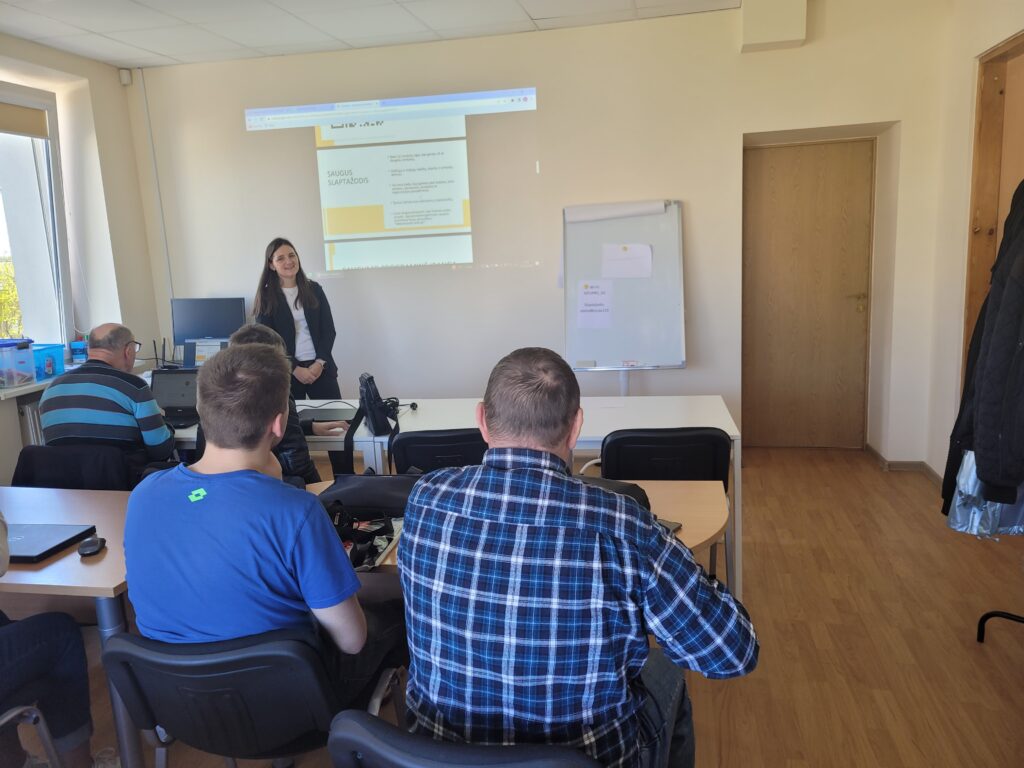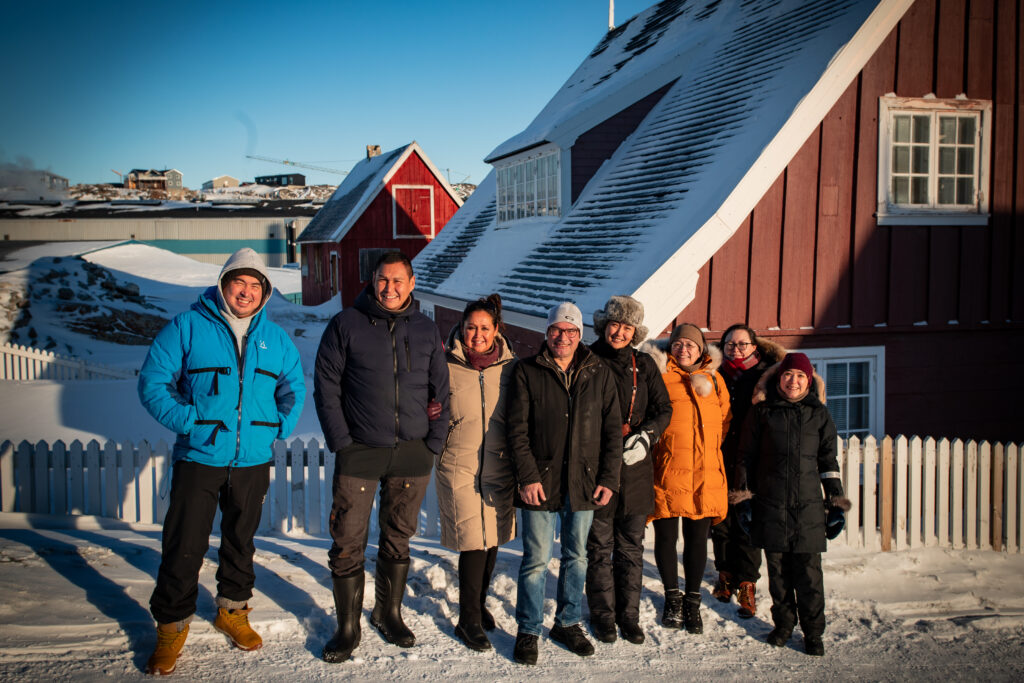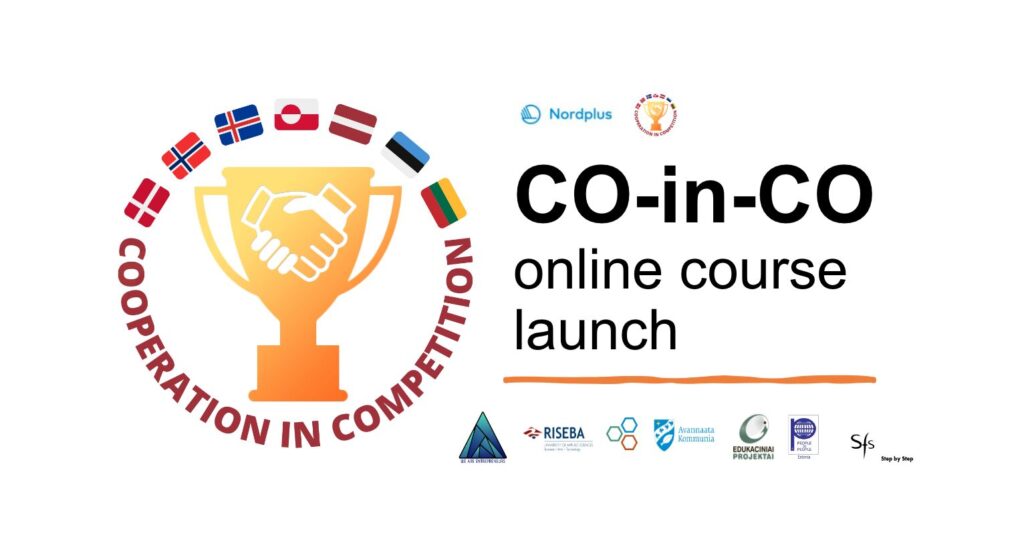Project Introduction
The project targeted adult educators and trainers, and their learners in micro and small rural businesses across the Baltic and Nordic countries and Greenland. Its core objective was to bolster critical competencies in digitalization, collaboration, and sustainable business practices. This initiative not only aimed to create impactful educational materials but also to facilitate an effective knowledge transfer among adult learners within these regions.
Timeline and Key Events
Transnational Meetings and Training Sessions:
- Iceland (June 13-16, 2022): The inaugural face-to-face meeting in Suðurnesbær focused on fostering trust and introducing the concept of cluster networks, which are essential for collaborative entrepreneurial success. This session was pivotal in explaining the nuances of cluster work and its relevance to enhancing the connectivity and synergy among rural businesses. Participants engaged in team-building exercises like “The Human Bingo,” and discussed the strategic importance of the ‘Book of Business’ as a tool to facilitate cluster cooperation among micro-businesses.
- Latvia (September 27-29, 2022): he second gathering centered on critical digital skills necessary for modern entrepreneurship, such as data protection and e-commerce, which are crucial for maintaining competitive advantage in the digital age. This meeting also incorporated an exploration of Latvian cultural sites, linking heritage with contemporary business practices, and emphasizing the blend of traditional and modern methodologies in business training.



Piloting Training Sessions
- Estonia, Lithuania, Latvia, and Greenland (February – June 2023): These training sessions applied the previously developed materials focusing on entrepreneurship in cluster networks and tailored digital skills. Each participating country provided unique contributions:
- Estonia: The focus was on practical applications of digital tools, highlighting the transformation digital competencies can bring to rural entrepreneurs by streamlining operations and securing digital environments.
- Lithuania: Training emphasized internet safety and social media optimization, teaching businesses how to protect their data and effectively engage customers online. This is particularly vital for small businesses aiming to expand their digital footprint.
- Latvia: Participants learned to apply digital skills in strategic business contexts, using tools to enhance their market presence and operational efficiency. The training sessions were crucial in demonstrating how digital literacy could lead to sustainable competitive advantages.
- Greenland: The workshops illustrated the benefits of collaborative networks, teaching participants to utilize cluster strategies in tourism. This helped local businesses understand the value of collaboration over competition, fostering a community approach to tourism that leverages shared resources and collective marketing.




Development and Distribution of Educational Materials
- E-course Launch (June 2023): This online course made the project’s comprehensive training accessible globally, allowing learners to develop skills at their convenience, thereby extending the project’s reach.
- Training Material Compilation (August 2023): The compilation and translation of training slides into seven languages were instrumental in ensuring that the tools developed were accessible to a broader audience, reinforcing the project’s inclusive educational approach.
- Book of Business (February 2024): As a culmination of the project’s findings, this resource was designed to serve as a practical guide for both current practitioners and future educators. It integrates the core learnings from the project into a coherent framework that supports ongoing education and practical application in entrepreneurial ventures.

Conclusion and Impact
This project was a strategic initiative that significantly enhanced the digital and collaborative capabilities of adult educators and their learners in rural areas. By providing them with targeted training and comprehensive resources, the project not only improved individual business practices but also fostered a supportive network of entrepreneurs across a geographically and economically diverse region. The skills and methodologies developed are expected to yield long-term benefits for the sustainability and growth of rural businesses in the Baltic and Nordic countries and Greenland. This detailed account underscores the project’s commitment to empowering rural enterprises through education and collaborative innovation.
